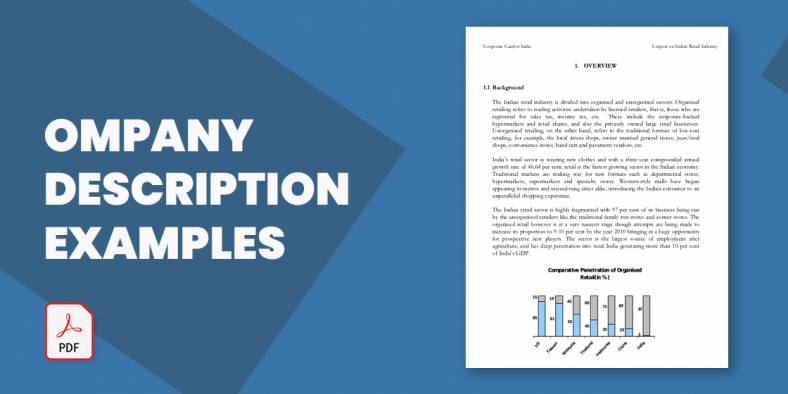
What is a Template?
In today’s fast-paced digital world, efficiency and consistency are key to content creation, and this is where the power of…
Jan 29, 2020
If you are currently working in a company, it is important to know the difference in increment and appraisal before you approach the HR office and ask for a hike in your salary. While most employees want to know about the percentage of their salary hike, the HR manager will probably tell them to wait for the appraisal before he or she can answer their question. If this is your first time to work in a company, you may not be quite familiar with some of these terms. But do not worry because there are still some employees who confuse themselves with the terms increment (salary hike) and appraisal and how each one is different from the other.

In this article, we will provide you with some essential information that will give you a clearer picture of the difference between the two terms.
An increment, which is also known as a salary hike, is basically the amount of salary increase that an employee can receive either every six months or annually. It is usually given to the employee due to an increase or boost in the income of the company. As we all know, an increase in salary can make the members of your organization strive harder to become more productive and efficient in performing their daily duties and responsibilities.
There are times when the salary increment of an employee is different from the other. This is because the increase in your salary is often based on the percentage of the overall annual base pay of an employee. In addition to that, most employers use increment to determine whether to boost or deduct the base salary of an employer or to award bonuses to deserving employees.
On the other hand, an increment is also used by the employee in negotiating an increase in his monthly pay or a starting salary. Let us take for instance; when you are applying for a certain position in a company but the employer gives you a salary offer that is five percent below than the normal salary rate, then you can counter it with at least an increase of 5 percent.
According to an article that is published on the Wikipedia website, “a performance appraisal (PA), also referred to as a performance review, performance evaluation, or employee appraisal is a method by which a job performance of an employee is documented and evaluated”. Additionally, a performance appraisal can also be considered as a part of the career development of the employees. Companies often conduct performance appraisal as their method to justify salary hike and bonuses to be given to the members of their organization. Aside from that, the performance appraisal will also determine whether there are enough grounds to terminate the employee.
Aside from being able to determine the percentage of the salary increase, there are a couple of amazing benefits that come with a good employee performance appraisal.
So, there you have it. Now that you know the difference between an increment and appraisal, we hoped that we have provided enough details on how each one is different from the other so that it can be helpful when you come across the terms increment and appraisal.

In today’s fast-paced digital world, efficiency and consistency are key to content creation, and this is where the power of…

Hospitality Induction Templates are structured guides created specifically for the hospitality industry to facilitate the onboarding process for new employees.…

Whether you are a business or an organization, it is important for you to keep track of your business bank…

A Company Description provides meaningful and useful information about itself. The high-level review covers various elements of your small business…

A smartly designed restaurant menu can be a massive leverage to any food business.

Whether you need to keep neat records of received payments, or are looking for a template that helps you look…

The most widely recognized use for a sample letter of planning is the understudy who, after finishing secondary school, wishes…

The term “quotation” can refer to several things. While to some it may refer to a quote, which is proverbial.…

A catering quotation is a document that provides information about the initial price of the package offering of a caterer…